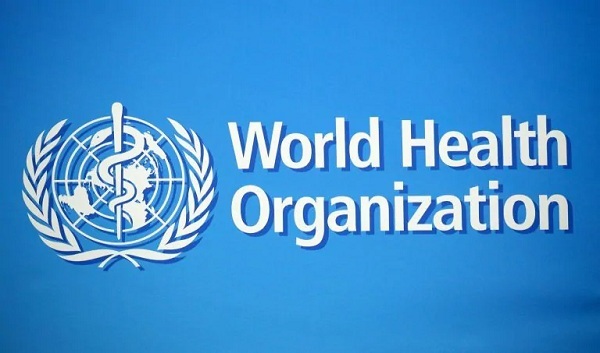World Health Organization: Herd Immunity is scientifically and ethically problematic
Tue 13 Oct 2020, 14:19:54

Strongly refuting the idea of herd immunity to fight covid-19, the World Health Organization (WHO) on Monday said that it has never been used as a strategy to respond to an outbreak in the history of public health, let alone a pandemic.
Labelling herd immunity as 'scientifically and ethically problematic', Tedros Adhanom Ghebreyesus, Director-General at WHO, said that it is achieved by protecting people from a virus, not by exposing them to it.
“There has been some discussion recently about the concept of reaching so-called “herd immunity" by letting the virus spread, Tedros said, adding that herd immunity is a concept used for vaccination, in which a population can be protected from a certain virus if a threshold of vaccination is reached.
Citing examples that herd immunity against measles requires about 95% of a population to be vaccinated, the WHO chief said that the remaining 5% will be protected by the fact that measles will not spread among those who are vaccinated. For polio, the threshold is about 80%.
"First, we don’t know enough about immunity to covid-19. Most people who are infected with the virus that causes covid-19 develop an immune response within the first few weeks, but we don’t know how strong or lasting that immune response is, or how it differs for different people. We have some clues, but we don’t have the complete picture," said Tedros.
"There have also been some examples of people infected with covid-19 being infected for a second time. Second, the vast majority of people in most countries remain susceptible to this virus," he said.
Seroprevalence surveys suggest that in most countries, less than 10% of the population have been infected with the covid-19 virus.
Letting the virus circulate unchecked therefore means allowing unnecessary infections, suffering and
death, the WHO maintained.
death, the WHO maintained.
Citing data from across the world, the WHO said, although older people and those with underlying conditions are most at risk of severe disease and death, they are not the only ones at risk. People of all ages have died.
“Third, we’re only beginning to understand the long-term health impacts among people with covid-19," said Tedros adding that a dangerous virus that we don’t fully understand to run free is simply unethical. It’s not an option.
WHO maintained that there are several options and there are many things that countries can do and are doing to control transmission and save lives.It is anything but a decision between letting the infection run free and closing down our social orders. This infection communicates predominantly between close contacts and causes flare-ups that can be constrained by executing focused on measures," Tedros said.
The WHO prescribed to forestall intensifying occasions, ensuring the powerless, enable, teach and draw in networks and continue with similar devices that the summit worldwide general wellbeing office has been upholding since the very first moment: discover, segregate, test and care for cases, and follow and isolate their contacts.
The WHO chief mentioned about digital technologies including those being used in India that are helping to make these tried-and-tested public health tools even more effective, such as mobile applications to support contact tracing efforts.
“The Aarogya Setu app from India has been downloaded by 150 million users, and has helped city public health departments to identify areas where clusters could be anticipated and expand testing in a targeted way," said Tedros.
Germany’s Corona-Warn app has been used to transmit 1.2 million test results from labs to users in its first 100 days, he said.
No Comments For This Post, Be first to write a Comment.
Most viewed from International
Most viewed from World
AIMIM News
Latest Urdu News
Most Viewed
May 26, 2020
Do you think Canada-India relations will improve under New PM Mark Carney?
Latest Videos View All
Like Us
Home
About Us
Advertise With Us
All Polls
Epaper Archives
Privacy Policy
Contact Us
Download Etemaad App
© 2025 Etemaad Daily News, All Rights Reserved.



.jpg)






.jpg)
.jpg)








.jpg)
.jpg)
.jpg)
.jpg)
.jpg)

















